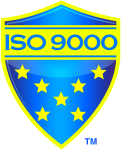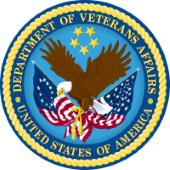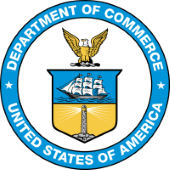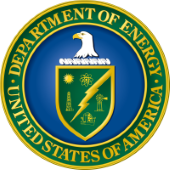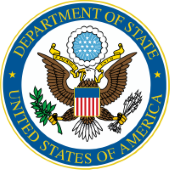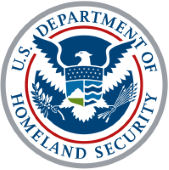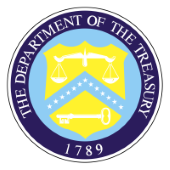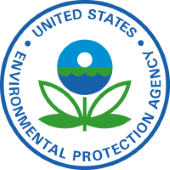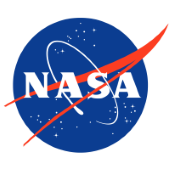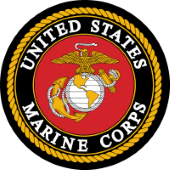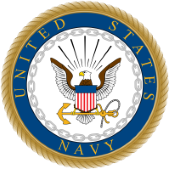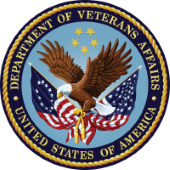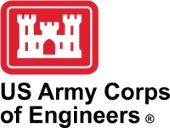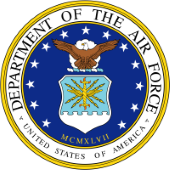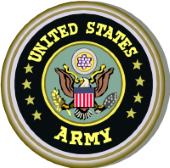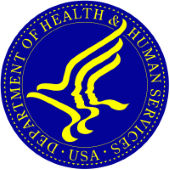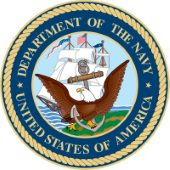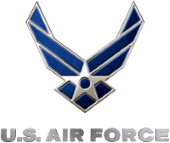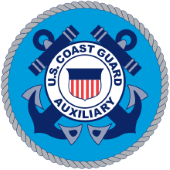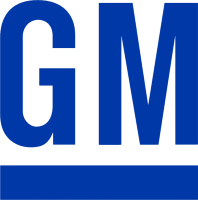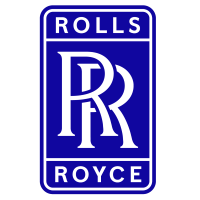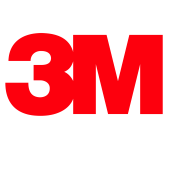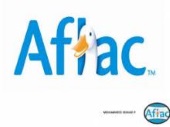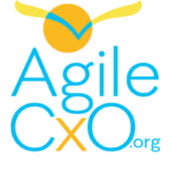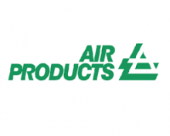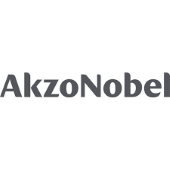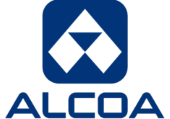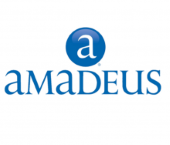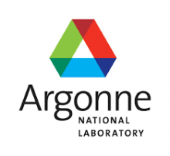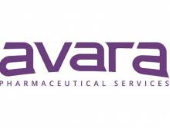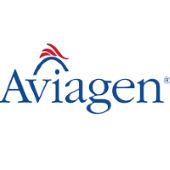|   |
|
ABSTRACT
QMS Differences in Service vs. Manufacturing OrganizationsIndustry: Services, Manufacturing Keywords: Service; customized service; R&D; manufacturing Level: Basic LinkedIn: linkedin.com/in/karenbolen Co-Speaker: Yes The Service industry is the largest sector of all US industries with 79% of US employment in services. Service organizations seeking to meet or exceed customer expectations and improve their competitive edge often develop a quality management system (QMS) to standardize service processes in pursuit of consistent delivery of high-quality services. Service organizations that provide customized services with low repeatability in process steps face challenges in standardizing service processes. Typically, organizations that manufacture products with low variability and high volumes gain substantial benefits from standardized processes that are based on best practices and quality standards. In contrast, customized service or research and development (R&D) firms that provide low volume, highly variable services must devise processes to flexibly and efficiently meet the needs of different customers. Service organizations often adopt an ISO 9001 customer-focused process approach to facilitate consistent service product development and delivery that improves service quality and identifies operational improvements. When implementing ISO 9001 in a non-manufacturing organization, several considerations emerge. In a traditional manufacturing environment, documentation plays a pivotal role in guiding all levels of employee activity. Proper guidance is achieved by generating detailed documentation containing explicit instructions for individual products and processes. Orders typically arrive as clear-cut requests or purchase orders that leave little room for ambiguity. Conversely, service or R&D entities frequently operate under the auspices of vague or open-ended performance work statements that grant the freedom to tailor solutions to meet the unique needs of each customer. In addition, configuration management (CM) of product artifacts for service or R&D organizations can vary significantly from CM in manufacturing companies. Manufacturing environments sometimes require detailed multi-level instructions be published with regularity, whereas document management in service or R&D organizations support high level online documentation that is more easily updated and disseminated. As a result, CM tools for service or R&D industries can be more generic, using more up-to-date technology than manufacturing CM toolsets. Differences also exist with regard to the monitor and control of production and service provisions. In a manufacturing environment, control is typically addressed with activities that assess production progress and conformance to specifications. In a service or R&D environment, development activities are often organized into projects with monitoring of output documented in a standard project status report which communicates project status and risk to management. This presentation will explore the differences between QMS's in service-based and manufacturing firms with a particular focus on innovative R&D or customized service products. |
BIOGRAPHY
Karen BolenQuality Assurance Manager, Georgia Tech Research Institute Electronic Systems (ELSYS) Laboratory, Suwanee, GA, USA Karen Bolen is the Quality Assurance Manager for the Electronic Systems (ELSYS) Laboratory at Georgia Tech Research Institute (GTRI) in Atlanta, GA, USA. GTRI is the research arm of the Georgia Institute of Technology, one of the nation's leading research universities committed to improving the human condition through advanced science and technology. Karen has a BS in Business Administration, Accounting, from the University of Tulsa, a Master of Science in System Engineering from Southern Polytechnic State University in Marietta, GA, and a Master of Science in Quality Assurance from Kennesaw State University, Kennesaw, GA. She has led the process improvement program in ELSYS for the past nine years, including the initiative that resulted in the laboratory’s first ISO 9001 certification of its quality management system (QMS) in August, 2016, and the QMS transition to ISO 9001:2015 standard certification in July of 2018. Since 2018, the organization has successfully retained ISO 9001:2015 certification of its QMS. Prior to GTRI, Karen worked as a software developer, software test engineer, and quality assurance analyst. Overall, Karen has over 35 years in product development and quality assurance experience. |
